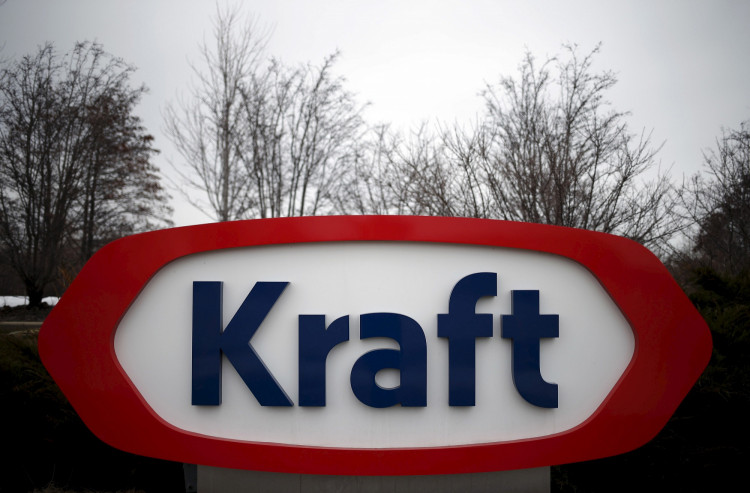Kraft Heinz is planning to take on established startups in the rapidly-growing plant-based artificial meat industry with the formation of a new company that will be producing plant-based hotdogs and other artificial meat products. The company announced Wednesday plans of forming a joint venture with Chile-based company TheNotCompany.
Kraft Heinz U.S. President Carlos Abrams-Rivera said the partnership would allow the company to produce new product types based on existing brands under its large portfolio. He added that customers could one day see products such as Oscar Mayer Not Hot Dogs alongside regular Oscar Mayer hot dogs.
Kraft Heinz is currently in the middle of a major overhaul, which involves the relaunch of some of its most well-known brands. In 2020, the company announced its master plan, which included redesigned packaging, simplified ingredient listings, and marketing that emphasized the business's reputation as an iconic American brand.
TheNotCompany, which currently has a market valuation of around $1.5 billion, mainly produces plant-based substitutes such as its plant-based milk, eggs, and meat.
The joint venture, which will be called the Kraft Heinz Not Company, will establish its headquarters in Chicago. Meanwhile, research and development for products under the new company will be conducted in Kraft Heinz facilities in California. The joint venture will mainly focus on creating plant-based variants of existing Kraft Heinz products.
Abrams-Rivera said one of the goals of the joint venture would be to "democratize" plant-based foods. He added that both companies do share the same vision to change the world for the better. Abrams-Rivera said that by working together, the two companies hope to tackle the issues that are holding back plant-based products, such as taste, variety, availability, and price.
Kraft Heinz claims that a third of Americans now adopt a so-called "flexitarian diet," which entails eating less meat and more plant-based meals. Major food brands and manufacturers have followed the trend as more people have embraced meat alternatives to their diets.
PepsiCo and Beyond have recently formed a new company to develop novel plant-based food and beverages. Tyson Foods, the world's largest meat processor, is now offering its own range of plant-based alternatives.
Still, some people are skeptical about the long-term viability of plant-based alternatives. Beyond Meat's stock has dropped 65% in the last year as a result of investor pessimism. As the company's supermarket sales growth has stalled, Wall Street analysts have generally lost faith in the company's ability to generate profits.






